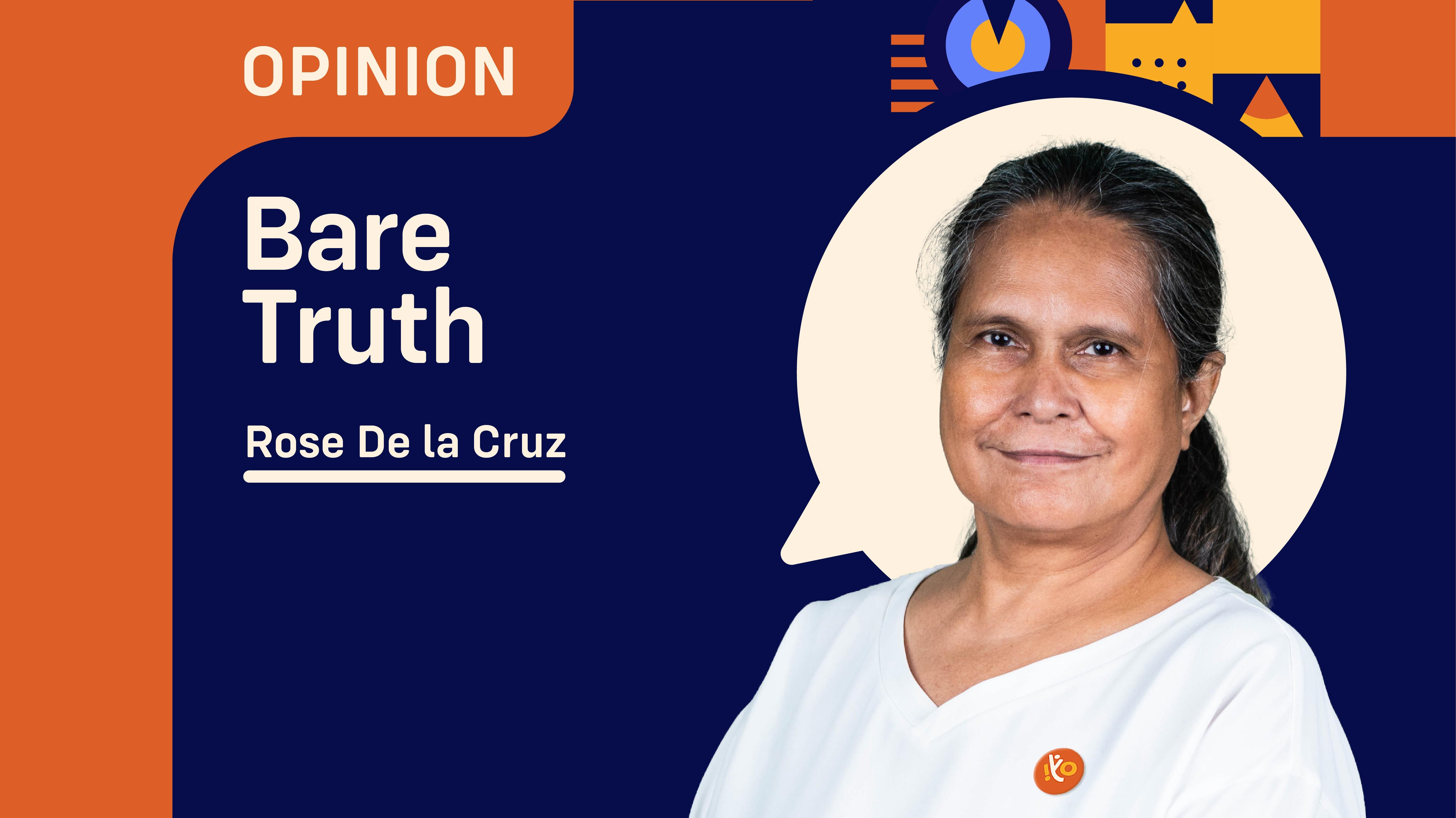I found interesting reading a study done by a global telecom company, Telenor, about the Filipinos’ social media habits, which stated that 77 percent of mobile internet users in the Philippines socialize more online than in person, making us the most virtually social among Asians.
To me this is nothing to be proud of. Why in the first place should we prefer talking on phones via video or call or even text, when we can just arrange for a personal meet and greet.
Even in my house, at the dinner table, I have to call the attention of my adult children and my grandson never to use their phones while we eat because that is the only social time we have. Much of the time that we are at home, we are at our own rooms, doing our own businesses or games and movies and hardly even saying hello or updating each one on our work, our health or what not.
This is truly sad because I miss those days when we used to have lunches or dinners that stretched to so many minutes—not just seconds which we do now and often bowed down focused on the plate--- since we talk about everything and anything.
Mind you, this is not just happening in my house. A lot of more households are going through this and as a people we have become so impersonal and so uncaring or apathetic toward each other.
We spend too much time trying to know what is the latest on Facebook, Twitter, IG, LinkedIn and Telegram, even texting and knowing what is happening in the world so far away from us, compared to our immediate world.
While doing my morning and evening walks with the dog, I see and hear people talking on their phones or walking while watching YouTube and news unmindful of the area they are walking in. I wouldn’t be surprised if one day, I would see statistics of many road accidents due to pedestrians and motorists not being mindful of how they conduct themselves on the road.
The study went on to say that compared to the 66 percent regional average, with Indonesia (75 percent) and Bangladesh (74 percent) coming in second and third after the Philippines, Business World reported.
The “Digital Lives Decoded” study (https://www.telenor.com/media/newsroom/press-releases/telenor-asia-digital-lives-decoded-play/ ) also found that consumers in Asia are turning to their mobiles to boost leisure pursuits, with socializing online being the top use for mobile phones (71 percent), followed by mobile investing (43 percent) and social gaming (39 percent).
“This growth comes with even higher expectations for mobile operators as people seek more dependable, faster mobile networks,” Jørgen C. Arentz Rostrup, head of Telenor Asia, said in a statement.
“The trends from this study highlight the opportunity for operators to expand beyond the traditional towards new capabilities and services, becoming not only an enabler of the technology but also a partner in the virtual world,” he added.
When it comes to online social gaming, around 35 percent of Filipinos now engage in it, higher than the overall average of 25 percent across Asia. Four out of five respondents also said they play some mobile games, with close to a third playing every day.
According to Telenor’s study, the pastime now reaches across age and gender, pointing to “the positive role of mobile in making gaming more inclusive and accessible.”
“The standout finding from these results is how mobile technology has transformed gaming. Mobile access has turned gaming into a mass phenomenon, embedding virtual interactions and virtual worlds into daily life,” Rostrup said.
As for virtual reality, Asians are still on the fence, the study showed. Only 39 percent of respondents said they are keen on socializing in the metaverse.
Singaporeans are the most skeptical, with only 26 percent willing to explore the idea, while Filipinos are the most enthusiastic, with 55 percent of respondents interested in doing so.
Mobile use in Asia has also positively affected real-life communities, relationships, and areas of life like work and health, the study showed. For 40 percent of respondents across the region, mobile devices can be used for learning and educational apps or websites.
In the Philippines, 90 percent of respondents said that online learning improved their quality of life, higher than the 82 percent average across Asia. This is skewed towards Gen Zs, with more than half saying that learning on mobile greatly improved their quality of life.
The study surveyed over 8,000 mobile internet users in eight countries: Bangladesh, Indonesia, Malaysia, Pakistan, the Philippines, Singapore, Thailand, and Vietnam.
